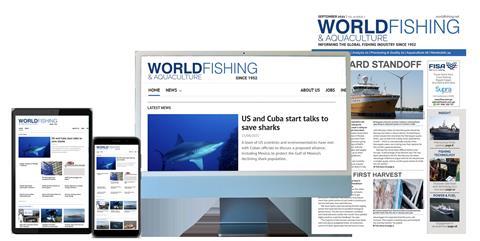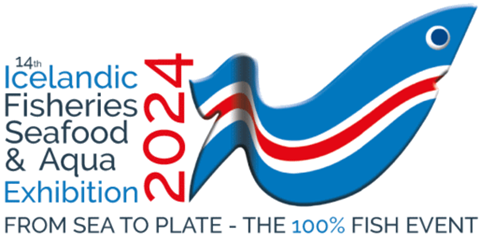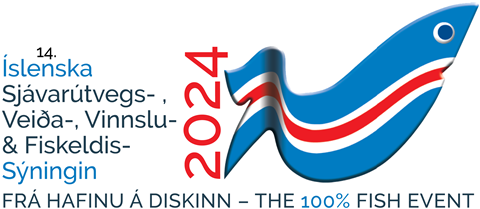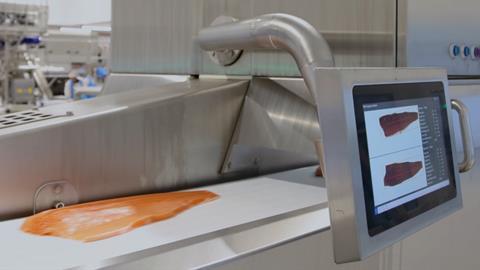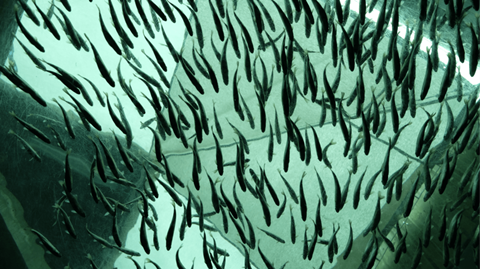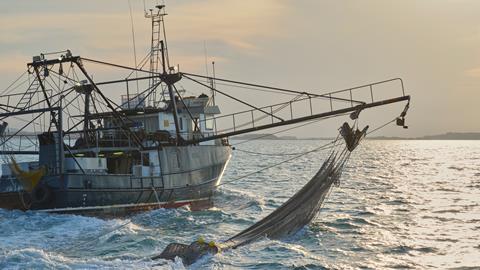Comment – Page 19
-
 News
NewsRussia seeks to boost domestic aquaculture
Over the past decade Russian aquaculture has doubled its output from 105,000 tonnes in 2007 to 219,000 tonnes in 2017, much of the credit for which can be attributed to successful government policies supporting fish farming
-
News
SOFIA gives clear warning of climate change challenge
Every few years the UN’s Food and Agriculture Organisation published its State of World Fisheries and Aquaculture (SOFIA) report, providing a snapshot of the world’s fisheries and making predictions for future developments.
-
 News
NewsJapanese company spearheads land-based salmon farming
The demand for marine products in Japan continues to rise, but with limited areas suitable for farming at sea, one company has developed a recirculating aquaculture system for salmon using artificial seawater. Businessman Tetsuro Sogo has big plans for the future, as he aims to meet the growing demand for salmon across Japan
-
News
UK seafood consumption crisis
Soaring prices have led the UK population to eat only half the recommended amount of seafood.
-
 News
NewsBeating a path to sustainability as Thailand underlines its determination to be free of IUU
Thailand wants to be recognised internationally for its efforts to make illegal, unreported and unregulated fishing (IUU) a thing of the past and in doing so herald a new sustainable and socially responsible era for its fisheries and broader seafood sector
-
 News
NewsGrowing interest in alternative feeds
Despite the limited supply of fish stocks, aquaculture continues to depend on wild-caught fishmeal and fish oil. By interacting with ingredient providers, researchers, fish farmers and feed companies, one collaborative effort, the Future of Fish Feed (F3), is working to offer some innovative solutions
-
News
?Fingerlings and other lings
With the accelerating growth of fish consumption, more and more attention and efforts are being dedicated to the development of fish farming, both?? ?? marine and freshwater. To produce fish of edible size, in most cases fish farmers populate their ponds or fish cages with young stages of the preferred ...
-
 News
NewsFarming offshore in the Americas – How the United States’ loss continues to be its neighbour’s gain
As a seafood market, the US is heavily dependent on imports, with an estimated 91% of the products consumed in the country now coming in from overseas producers, reports Jason Holland.
-
 News
NewsOyster culture in Brazil: An emerging sector along the Amazon mangrove coast
With its long coastline and large markets along coastal cities and towns, the potential for oyster culture in Brazil is high. Last year, a study in Pará state along the eastern Amazon mangrove coast used socio-economic data to analyse the management and future development of Pará’’s oyster culture and present an overview of the situation
-
News
UK set to take control of its waters – but ready to co-operate on management
The UK Government will put sustainable fisheries and marine conservation at the heart of its fisheries management regime after Brexit. It says adherence to sustainable fishing practices will be a pre-condition of any future access to UK waters for EU countries, reports Tom Ainsworth.
-
 News
NewsBorn on Friday 13th – superstition and the sea
Sitting down to write this, I can’t help noticing that the date is Friday 13th, so a look at superstition seems appropriate. What a crazy idea! Me and superstitions? I consider myself a most rational human being and a total non-believer, especially with respect to superstition. So why should I ...
-
 News
NewsTransforming aquaculture through software
As a new and rapidly growing food sector, aquaculture brings a range of important economic opportunities. However, it also faces challenges such as gaps in the knowledge required to run profitable and efficient operations. Now, mobile technology is helping to address this by providing aquaculture operators with the data they need to optimise and improve stock performance, and make decisions for maximum profit.
-
 News
NewsRussia in transition; why any future trade with the Russian Federation will be on very different terms to those of the past
The trade embargo that was introduced by Russia in response to economic sanctions against Moscow over the Ukrainian conflict is now into its fourth year after being extended twice. The ban has disrupted markets all over the world, with seafood supply chains particularly affected as producers and exporters sought alternative markets for the fish that continued to be caught and harvested.
-
News
Fish and Brexit
On 23rd June, 2016 a referendum in which everyone (or nearly everyone) of voting age could take part was held in Britain to decide whether the UK should leave or remain in the European Union. I have still to understand why, but anyway almost 52% of the British voted to ...
-
 News
NewsWhat the seafood sector wants from Brexit
While there is still some considerable distance between what EU and UK decision makers believe their future relationship should be following the Brexit end-date in little over a year’s time, the seafood industry has a much clearer picture on what would constitute the most workable divorce package for the supply ...
-
 News
NewsFake News, Fake Fish
Fake news is one of today’s buzzwords, especially in politics where fake news has been dominating the media. It appears that this trend has now been exposed all over, including in conservation of marine and other natural resources. Reports that local people are destroying the environment are in most cases ...
-
 News
NewsFishing – what’s changed?
When Europe was inhabited by tribes of intelligent savages, fishing was one of the main sources of food. The associated seamanship and boat-building enabled the development of marine navigation and other sea trades.
-
 News
NewsThe plastic problem
There’s no shortage of waste fishing gear, and there’s a growing number of ways of disposing of it as the problem of plastic waste becomes increasingly severe – and as it becomes the focus as steadily more attention.
-
 News
NewsFukushima radiation: Study shows migratory fish not affected
Following the massive 2011 earthquake and tsunami in Japan, the Fukushima Daiichi Nuclear Power Plant in Fukushima Prefecture released vast quantities of radioactive materials into the atmosphere and ocean, raising concerns over the consumption of seafood from the Pacific
-
 News
NewsRussian aquaculture industry seeks self-sufficiency in fingerlings
At least three new centres for breeding fingerlings for nearly dozen fish species should be established in various parts of Russia within the next few years, the officials from the Russian Federal Agency for Fisheries have confirmed

